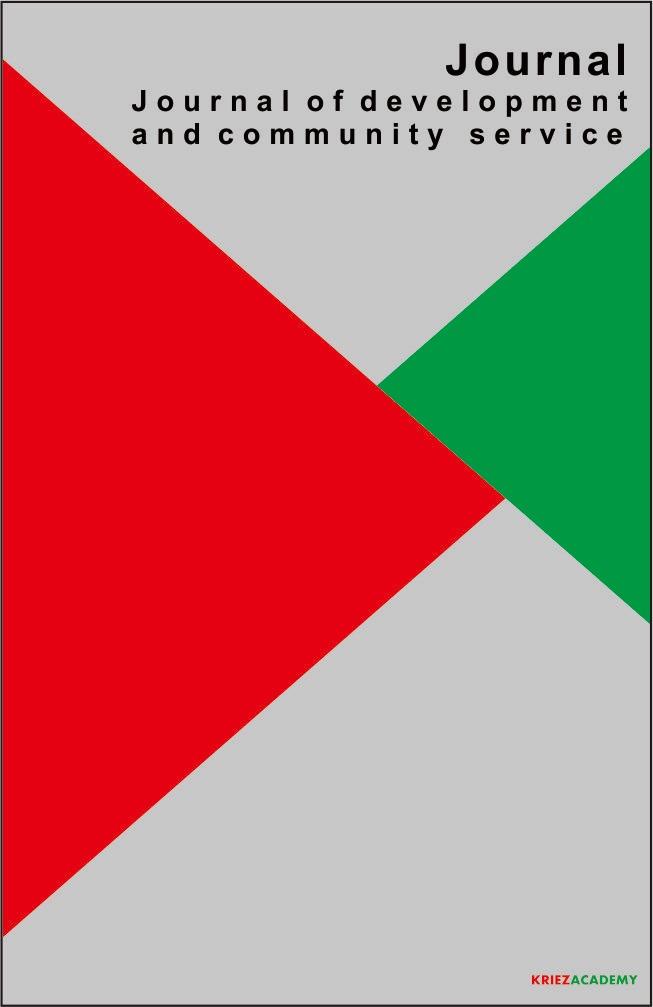Integrating Financial Literacy into Community Banking Models: A Pathway to Empowerment
Keywords:
financial literacy, community banking, empowerment, economic inclusion, local finance, behavioral economics, microfinance, social capitalAbstract
This study explores the critical role of integrating financial literacy into community banking models as a strategic pathway to economic empowerment, particularly in the underserved and unbanked areas of Indonesia. Despite the growth of formal financial institutions, a significant portion of the population remains excluded, with community banks and microfinance institutions serving as vital last-mile solutions. However, their long-term impact is often constrained by a lack of financial knowledge and poor behavioral habits among community members. This paper emphasizes how the strategic intersection of knowledge dissemination, financial inclusion, and sustained behavior change can create more robust and sustainable community banking ecosystems. Using a qualitative research methodology that synthesizes theoretical frameworks from behavioral economics, the capability approach, and social capital theory with empirical case studies from community banks in West Java and Central Sulawesi, the research identifies key drivers and barriers to effective integration. It proposes a scalable model where educational content is co-designed with community input, delivered through localized and hybrid channels, and leveraged by local champions. This approach aims not only to increase participation in formal banking but also to foster informed financial decision-making, ultimately contributing to a more resilient and empowered local economy.
Downloads
References
Bank Indonesia. (2023). Laporan Perkembangan Keuangan Inklusif. Retrieved from https://www.bi.go.id
OJK. (2023). Survei Nasional Literasi dan Inklusi Keuangan. Retrieved from https://www.ojk.go.id
Lusardi, A. & Mitchell, O. S. (2014). The Economic Importance of Financial Literacy: Theory and Evidence.
Journal of Economic Literature, 52(1), 5–44. Sen, A. (1999). Development as Freedom. Oxford University Press.
World Bank. (2021). The Global Findex Database. Retrieved from https://globalfindex.worldbank.org
Yunus, M. (1999). Banker to the Poor: Micro-Lending and the Battle Against World Poverty. PublicAffairs.
Komida. (2022). Laporan Tahunan. Retrieved from https://www.komida.or.id
BPR XYZ. (2022). Laporan Dampak Program Literasi Keuangan. Internal document.
Bank Sampah Syariah Makassar. (2023). Profil dan Laporan Dampak Lingkungan dan Sosial. Internal document.
Thaler, R. H. & Sunstein, C. R. (2008). Nudge: Improving Decisions About Health, Wealth, and Happiness. Yale University Press.

Downloads
Published
Issue
Section
License
Copyright (c) 2024 Ijang Faisal (Author)

This work is licensed under a Creative Commons Attribution-ShareAlike 4.0 International License.












